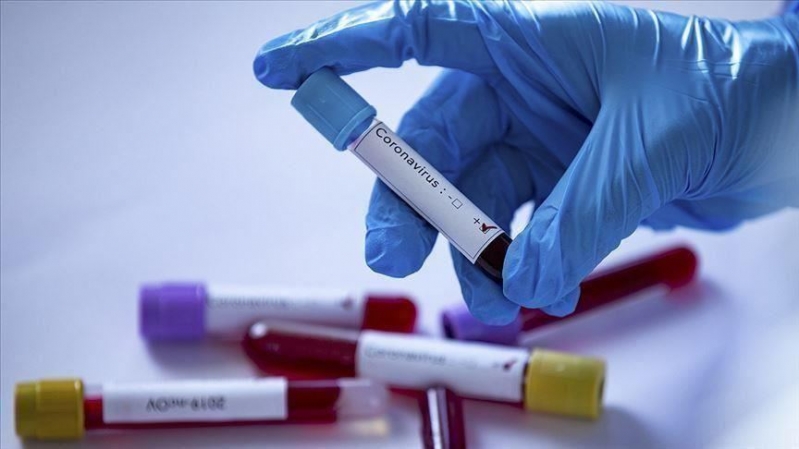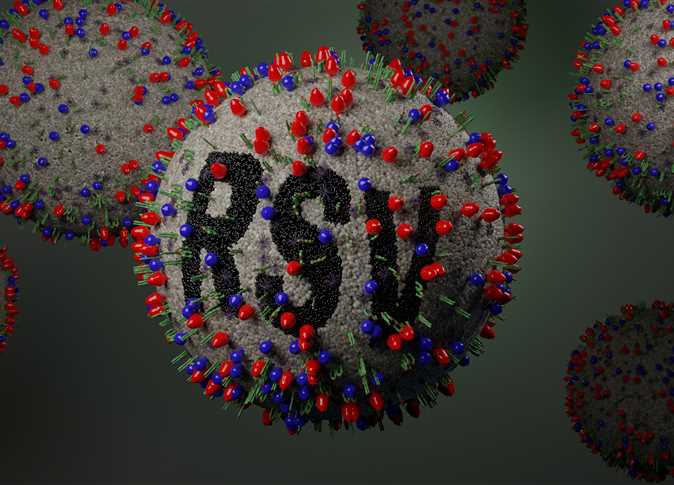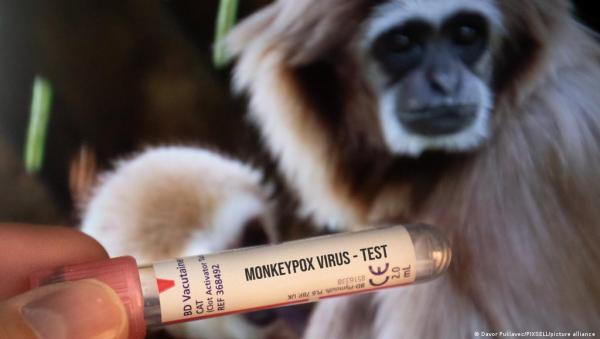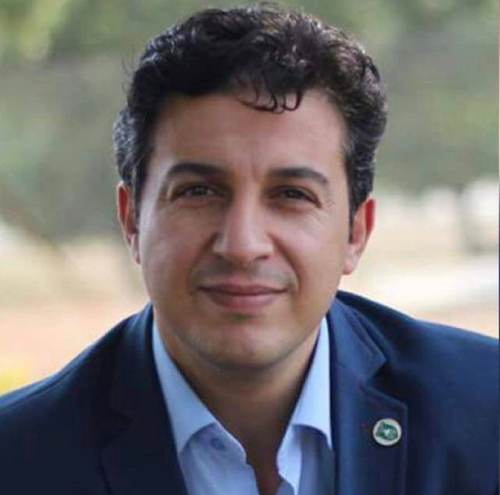Takeda announces results of pioneering Ulcerative Colitis study
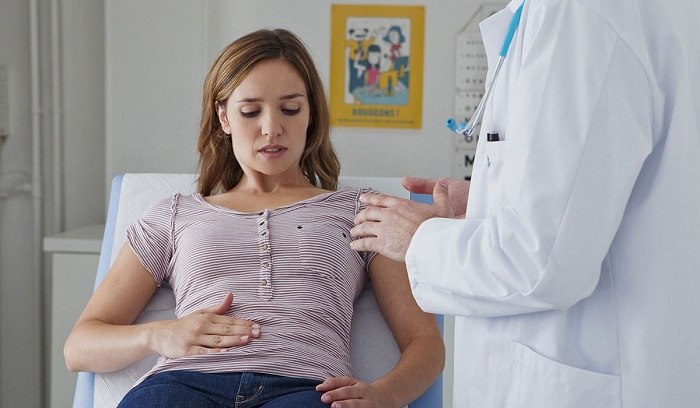
Dubai- Global biopharmaceutical company Takeda today announced the results of its pioneering VARSITY study into the effectiveness of two common therapies used to treat Ulcerative Colitis. Shared at the 14th Congress of the European Crohn’s and Colitis Organization (ECCO) in Copenhagen Denmark, the findings showed that the use of vedolizumab – a gut-selective biologic treatment, was more effective overall at tackling the illness when compared to adalimumab– a common anti-tumor therapy.
Specifically, the study found that by week 52 of treatment among patients with moderate to severely active ulcerative colitis, 31.3 percent of those receiving vedolizumab intravenously experienced clinical remission*, compared to 22.5 percent of patients receiving adalimumab via injection at week 52. In addition, 39.7 percent of patients treated with vedolizumab recorded mucosal healing** - a slowing of the disease’s progression, compared to 27.7 percent of those receiving adalimumab.
A non-statistically significant difference in favor of adalimumab was seen among patients who stopped taking oral corticosteroids - steroid hormones that are usually produced in the adrenal gland and were in clinical remission*** at week 52. Meanwhile, although the study was not conducted to compare the safety of the two treatments, patients treated with vedolizumab had a lower rate (62.7 percent) of adverse effects over 52 weeks compared to patients receiving adalimumab treatment (69.2 percent). Those treated with vedolizumab recorded a lower rate of infection (33.5 percent) compared to patients treated with adalimumab (43.5 percent). The rate of serious adverse events was also lower in vedolizumab-treated patients than adalimumab (11.0% vs. 13.7% respectively).
“The VARSITY study addresses critical questions concerning the selection of biologic therapy in ulcerative colitis. The goal of treatment of this disease is to achieve clinical remission and mucosal healing, and these results clearly highlight the benefits seen with vedolizumab versus adalimumab towards these important outcomes.” said Dr. Bruce E. Sands, primary investigator of the VARSITY study and Chief of both the Dr. Henry D. Janowitz Division of Gastroenterology at Mount Sinai Hospital, and the Icahn School of Medicine at Mount Sinai in New York.
Jeff Bornstein, M.D., Executive Medical Director, Takeda added, “The study gives physicians invaluable knowledge towards treatment decisions when starting biologic therapy. This is also the first time we have seen a direct comparison between two medicines with distinct modes of action in ulcerative colitis. This is an exciting time in the landscape of ulcerative colitis treatment, as head-to-head clinical data has not previously been available to guide treatment decisions around biologic therapies.”
The VARSITY study comprised a random selection of 769 patients, all of whom had shown an inadequate response with, loss of response to, or intolerance to corticosteroids, immunomodulators, or one TNFα-antagonist other than adalimumab before being enrolled.
Patients were randomly placed into one of two treatment groups - vedolizumab IV and placebo SC or adalimumab SC and placebo IV. Patients in the vedolizumab group were administered 300 mg of vedolizumab IV at weeks 0, 2, 6 and every 8 weeks after until week 46, along with placebo SC at week 0 and every 2 weeks until week 50. The adalimumab group were administered 160 mg of adalimumab SC at week 0, 80 mg at week 2 and 40 mg every 2 weeks until week 50, along with placebo IV at weeks 0, 2, 6 and every 8 weeks thereafter until week 46. Dose escalation was not permitted in either treatment arm during the study.1,[i]
